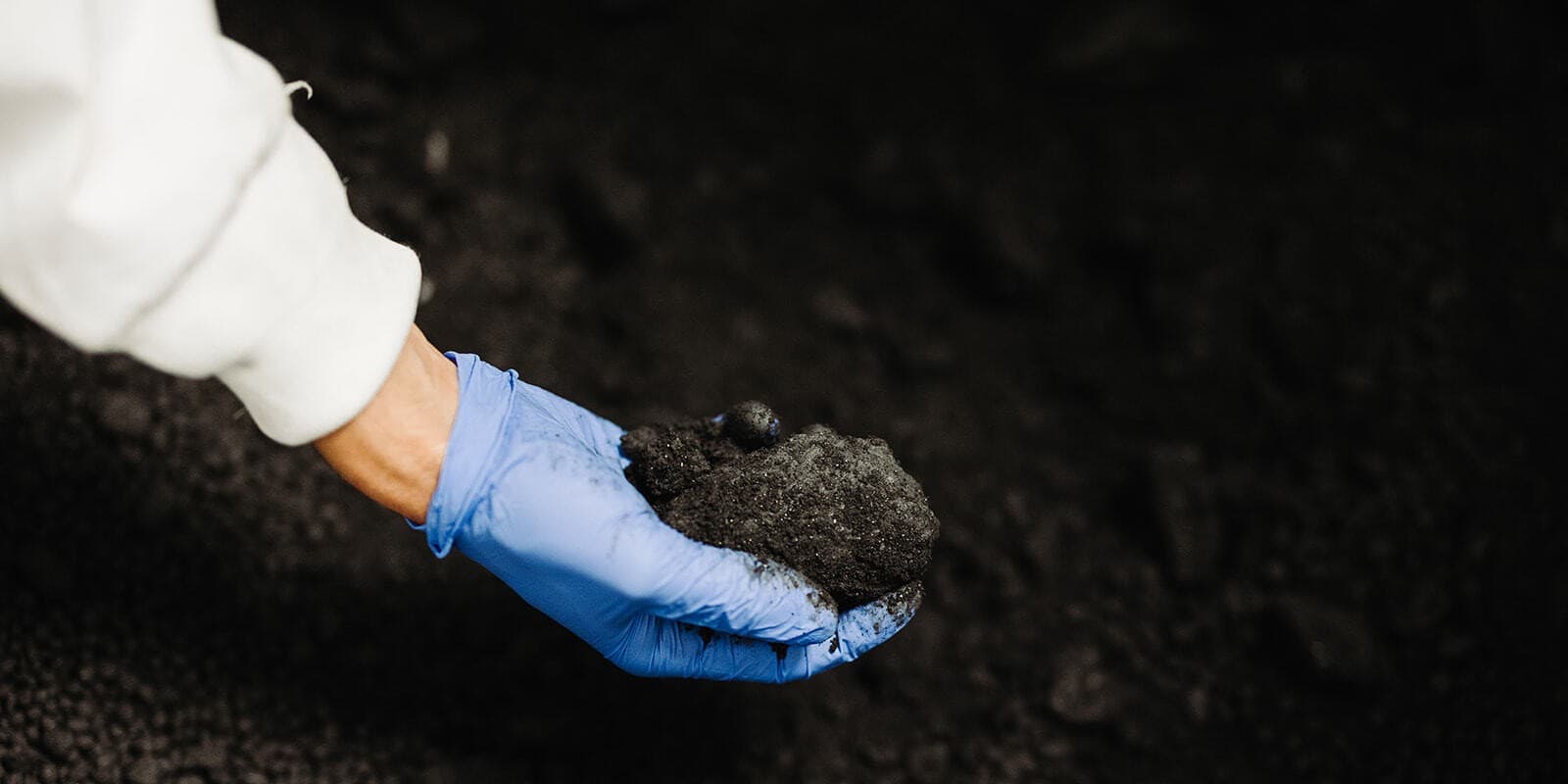
The global shift to electric vehicles (EVs) is accelerating, but McKinsey’s latest report warns of significant strain on the supply chain for critical battery materials by 2030.
EV sales are expected to jump from 4.5 million units in 2023 to 28 million annually by the end of the decade. This unprecedented demand will put pressure on the availability of essential materials like lithium, high-purity manganese, and graphite.
While lithium iron phosphate (LFP) batteries reduce reliance on scarcer materials like cobalt and nickel, they still depend heavily on lithium, manganese, and graphite. The shift to LFP batteries offers some relief but does not eliminate the imbalances in the supply chain, highlighting the need for continued focus on securing sustainable sources.
Adding to the challenge, upstream raw material mining and refining these materials account for about 40% of an EV battery’s total emissions. McKinsey’s report emphasizes that reducing emissions in these processes is critical.
“Sourcing materials from supplies committed to low-emission fuels and power sources could cut emissions by as much as 80% in mining and refining phases. This needs to be paired with a strong focus on cost reduction given the current profitability pressure in the battery industry,” said Raphael Rettig, partner at McKinsey.
Smaller but essential materials, such as high-purity manganese, also face growing challenges. Currently, manganese contributes around 4% of emissions in a typical lithium-nickel-manganese-cobalt (LI-NMC) battery. However, as LFP batteries gain popularity and larger materials like lithium and nickel are decarbonized, manganese’s relative emissions intensity could nearly double without targeted strategies to address the imbalance.
Toyota’s recent $4.5 million grant from the US Department of Energy to develop more sustainable EV batteries is a step toward addressing these challenges. However, it’s clear that solving the broader supply chain issues will require a collective effort from the entire industry to balance demand with sustainable practices and minimize emissions. The path forward will define the EV industry’s ability to meet climate goals while scaling up production.

Read more: Toyota gets $4.5M DOE grant to boost EV battery sustainability
If you’re an electric vehicle owner, charge up your car at home with rooftop solar panels. To make sure you find a trusted, reliable solar installer near you that offers competitive pricing on solar, check out EnergySage, a free service that makes it easy for you to go solar. They have hundreds of pre-vetted solar installers competing for your business, ensuring you get high quality solutions and save 20-30% compared to going it alone. Plus, it’s free to use and you won’t get sales calls until you select an installer and share your phone number with them.
Your personalized solar quotes are easy to compare online and you’ll get access to unbiased Energy Advisers to help you every step of the way. Get started here. –trusted affiliate*
